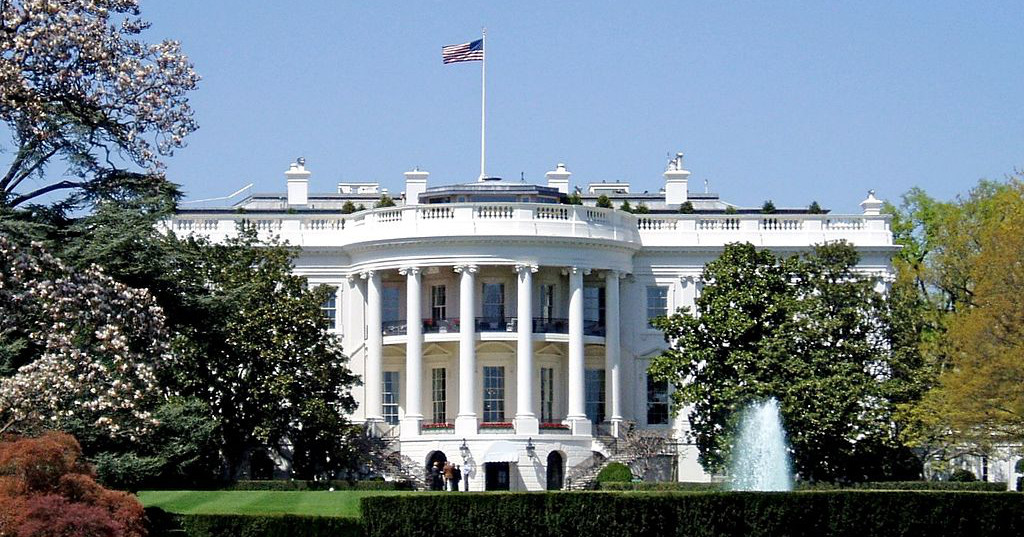“Water is life…from rinsing a toothbrush to rinsing the salad greens. For three years we have been hauling blue jugs while the Navy continues to stockpile the very toxins that destroyed our aquifer.”
The White House has threatened to veto the National Defense Authorization Act (NDAA). Yes, you read that right—the Trump administration is threatening to veto the annual bill that funds the U.S. military. The White House objects to provisions in the bill that will protect the public and military families from PFAS chemicals, among other measures.
Amendments to begin to address the PFAS contamination crisis are seeing votes in the House this week. PFAS (per- and polyfluoroalkyl substances) have contaminated the drinking water of millions of Americans. Much of this contamination comes from the use of PFAS-based firefighting foam on military sites. So military families and communities around military bases have been among the most impacted.
Exposure to PFAS chemicals has been linked to cancer, hormone disruption and a number of other health effects. Scientists consider them “forever chemicals” because they don’t readily break down in the environment or our bodies.
In addition to the provision to end the military’s use of these toxic foams, approved on bipartisan votes by the House and Senate Armed Services Committees, there are a number of proposed amendments to the National Defense Authorization Act that will begin to address this crisis.
The House will vote on a suite of amendments including more funding to study the health effects of PFAS and to identify PFAS contamination, requiring the military to work with states to mitigate contamination resulting from PFAS use on bases, and directing the military to start using PFAS-free firefighting foam.
The House will also vote on an amendment to designate PFAS chemicals as hazardous substances under the Comprehensive Environmental Response, Compensation, and Liability Act (CERCLA), also known as the Superfund law. This measure will jumpstart cleanups at sites that have contaminated drinking water for millions across the country.
President Trump’s threat to veto the bill if it includes provisions to deal with the PFAS contamination crisis came just a day after he bragged about his administration’s environmental record, which has been less than stellar.
Lawmakers are pushing back.
“If the President wants to veto this bill because he thinks the PFAS provisions go too far, I invite him to drink, bathe, or swim in some of the water our communities do,” Rep. Debbie Dingell (D-Mich.), whose state has several PFAS contamination sites, said in a statement cited in The Hill. “Congress needs to act to address PFAS contamination wherever it exists and stop kicking the can down the road.”
While these amendments will not completely solve the PFAS crisis they will make an important down payment on protecting our families and communities from these toxic chemicals.
TAKE ACTION
Call your Representatives and urge them to support amendments to the NDAA to protect communities from the health effects of PFAS chemicals. Tell them to vote for the PFAS package of amendments and the Superfund PFAS amendment to the NDAA.






